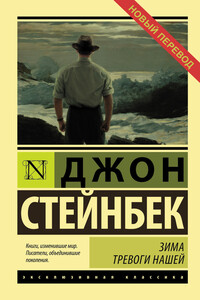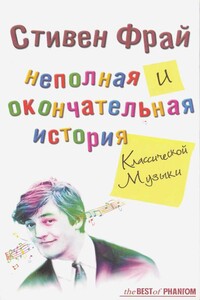Once there was a war | страница 2
THE SHORT SNORTER WAR MENACE
THE BONE YARD
Italy
REHEARSAL
INVASION
PALERMO
SOUVENIR
WELCOME
THE LADY PACKS
CAPRI
SEA WARFARE
THE WORRIED BARTENDER
THE CAMERA MAKES SOLDIERS
THE STORY OF AN ELF
MAGIC PIECES
SYMPTOMS
THE PLYWOOD NAVY
A DESTROYER
A RAGGED CREW
VENTOTENE
Introduction
ONCE THERE WAS A WAR: AN INTRODUCTION
ONCE UPON A TIME there was a war, but so long ago and so shouldered out of the way by other wars and other kinds of wars that even people who were there are apt to forget. This war that I speak of came after the plate armor and longbows of Crécy and Agincourt and just before the little spitting experimental atom bombs of Hiroshima and Nagasaki.
I attended a part of that war, you might say visited it, since I went in the costume of a war correspondent and certainly did not fight, and it is interesting to me that I do not remember very much about it. Reading these old reports sent in with excitement at the time brings back images and emotions completely lost.
Perhaps it is right or even necessary to forget accidents, and wars are surely accidents to which our species seems prone. If we could learn from our accidents it might be well to keep the memories alive, but we do not learn. In ancient Greece it was said that there had to be a war at least every twenty years because every generation of men had to know what it was like. With us, we must forget, or we could never indulge in the murderous nonsense again.
The war I speak of, however, may be memorable because it was the last of its kind. Our Civil War has been called the last of the “gentlemen’s wars,” and the so-called Second World War was surely the last of the long global wars. The next war, if we are so stupid as to let it happen, will be the last of any kind. There will be no one left to remember anything. And if that is how stupid we are, we do not, in a biologic sense, deserve survival. Many other species have disappeared from the earth through errors in mutational judgment. There is no reason to suppose that we are immune from the immutable law of nature which says that over-armament, over-ornamentation, and, in most cases, over-integration are symptoms of coming extinction. Mark Twain in A Connecticut Yankee uses the horrifying and possible paradox of the victor’s being killed by the weight of the vanquished dead.
But all this is conjecture, no matter how possible it may be. The strange thing is that my dim-remembered war has become as hazy as conjecture. My friend Jack Wagner was in the First World War. His brother Max was in the Second World War. Jack, in possessive defense of the war he knew, always referred to it as the Big War, to his brother’s disgust. And of course the Big War is the war you knew.





